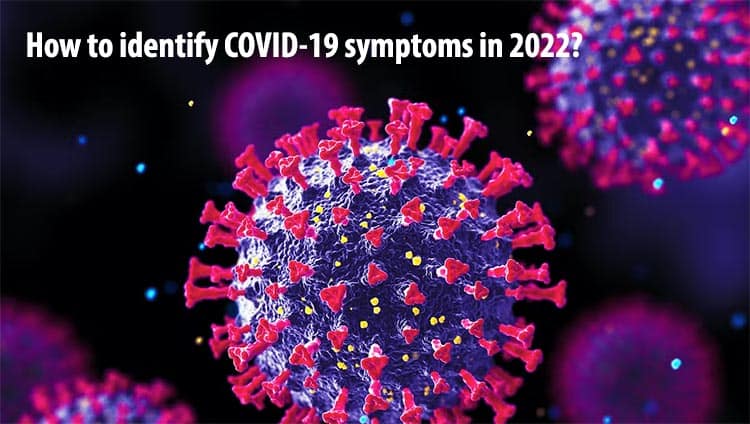Table of Contents
One of the greatest illness epidemics in recent history has been the Covid-19 pandemic. Because of its tremendous transmission capacity, the virus has had a terrible influence on our daily lives, affecting individuals of all ages.

COVID-19 patients have experienced a broad spectrum of symptoms, varying from mild to a serious sickness. Symptoms might emerge 2-14 days after viral contact. Everyone can experience symptoms ranging from mild to severe.
Testing
The most accurate RT-PCR test in Montreal is used to diagnose Covid-19 virus infection in an individual. This test determines the severity of an individual’s illness. A fluid sample from an afflicted person is taken for an RT-PCR test. To verify the genetic material of the covid-19 virus, an RT-PCR test is used.
How to identify COVID-19 symptoms in children?
Although the majority of children are asymptomatic or have minimal symptoms, some have reported typical signs such as:
- Fever
- Nausea
- Cough
- Fatigue
- Loss of smell
How can asymptomatic children be?
If members of the family are recognized, asymptomatic kids are frequently detected through testing. This necessitates observation for the emergence of symptoms and prompt treatment depending on the severity.
Common COVID-19 symptoms in adults are as follows
- Fever and Dry Cough, Breathing difficulty, Absence of taste or smell and throat Ache,
- Aching muscles or joints
- Tightness in the chest
Even though these are some usual signs, research has indicated that older persons are at a greater risk of serious Covid-19 problems.
Seniors could also exhibit a number of other “atypical” signs. This has made proper intervention and assistance to the elderly afflicted with Covid-19 challenging. Even though these “atypical” symptoms are uncommon, they can be seen and identified.
So, below is how to identify covid-19 signs in oldsters.
- Dizziness-This is a common symptom in elders who experience dizziness and difficulty standing.
- Extended duration of sleeping hours-Older folks may notice a shift in their sleeping patterns and begin to slumber for prolonged periods of time than normal.
- Dehydrated sensation-This is an atypical symptom in elders in common
- Perplexed- Elders start to be confused by their surroundings They may believe that something has altered in their surroundings and may be unable to recognize the place they are actually living.
- Incontinence-Severe incontinence is a key symptom in determining the Covid-19 symptom.
- Appetite Suppression-The most prevalent symptom of Covid-19 in the elderly is a rapid reluctance to consume whatsoever.
- Nausea-Seniors may have difficulty eating, might suffer gastrointestinal discomfort,
- Anxiety-Even though anxiety is not a direct symptom to identify, affected elders that are dealing with unforeseen situations in one’s health can be distressed for elders.
- Blood Pressure Is Low-A sudden change in blood pressure level
- Diarrhea- Atypical effects of Covid-19 in older persons.
Final thoughts
The information provided above will assist you in understanding the symptoms of Covid 19 identification. This article also discusses the specifics of numerous symptoms in children and adults. The significance of the RT PCR test is also highlighted for your convenience. The above information may be helpful to your demand in crucial hours.


